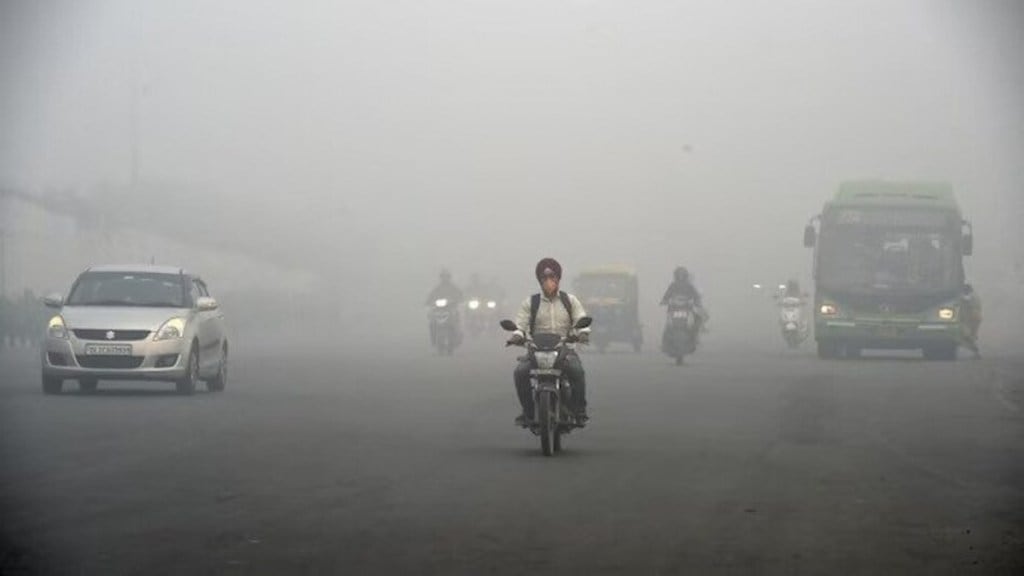The Supreme Court has decided to extend the Stage 4 restrictions under the Graded Response Action Plan (GRAP) in order to tackle air pollution in Delhi until December 2, 2024. However, the court clarified that these measures will remain in place except for those affecting schools. The court’s decision came after reviewing a report which revealed that authorities had failed to enforce the restrictions effectively.
Justices Abhay S. Oka and Augustine George Masih, who were hearing the case, noted that the report from court-appointed commissioners highlighted a “serious failure” by the authorities in implementing the GRAP Stage 4 measures. The judges emphasized that while all the restrictions under Stage 4 should remain in force, there could be further discussions about potentially moving to a less stringent stage (GRAP III or GRAP II) depending on air quality.
In the meantime, the Commission for Air Quality Management (CAQM) has been tasked with reviewing the situation and offering recommendations. The court also stressed that it was not necessary to lift all of the GRAP IV measures, as some may still be essential.
The judges were particularly concerned about reports of misconduct by Punjab officials. A media report had claimed that a land record officer in Punjab had advised farmers to burn crop stubble after 4 PM, as this timing would help avoid detection by satellite surveillance. While the court stopped short of confirming the report’s accuracy, it stated that if true, this would be a serious lapse. The judges directed the Punjab government to issue strict instructions to prevent any such activities, reinforcing that officials should not help farmers circumvent the rules.
GRAP Stage 4 restrictions mainly involve limiting the entry of trucks carrying non-essential goods into Delhi, aimed at reducing vehicular emissions. The GRAP system, introduced in 2017, classifies air pollution measures based on the severity of pollution, with stricter measures applied as pollution levels worsen.
With inputs from PTI.

